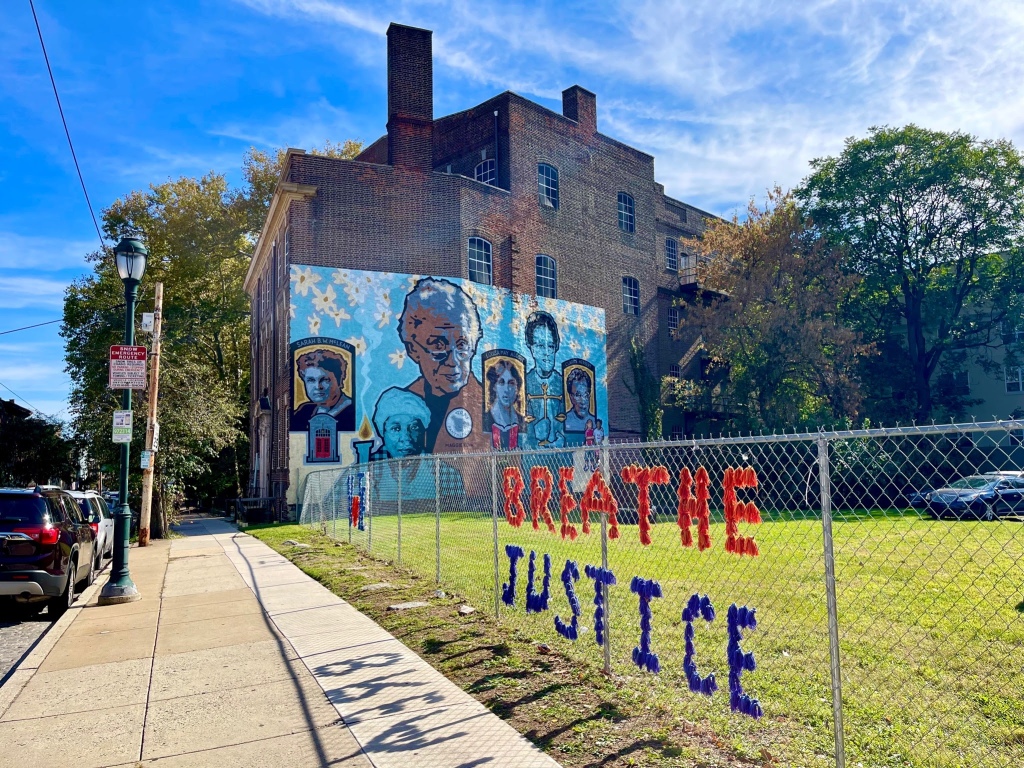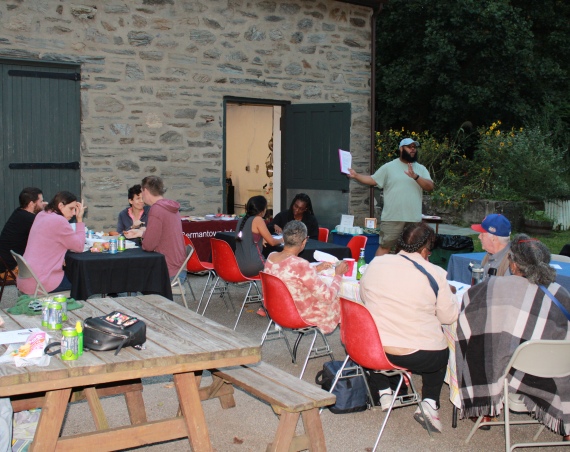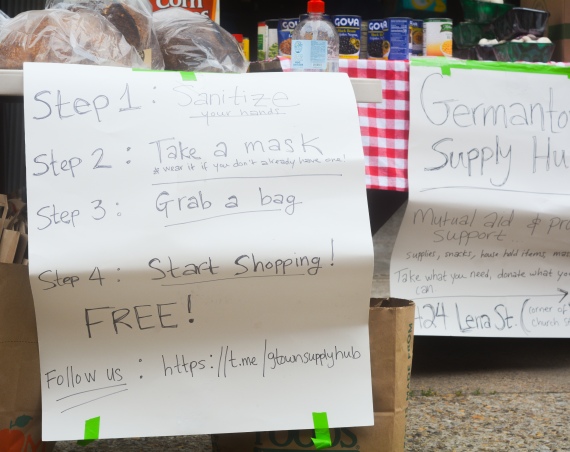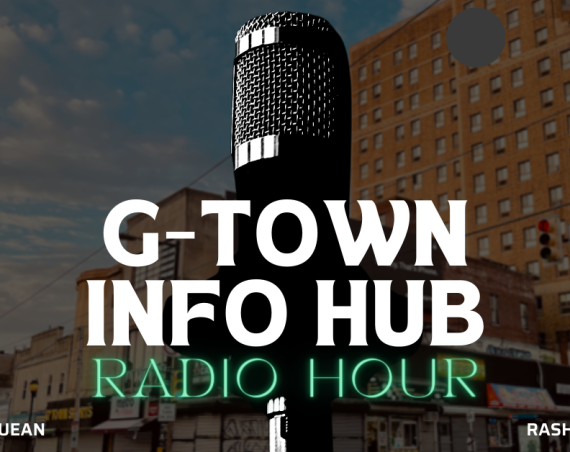
It has been almost five years since Germantown residents learned the fate of the historic Germantown YWCA building at 5820 Germantown Avenue. On November 10, 2016, the Philadelphia Redevelopment Authority (“PRA”) Board of Directors approved a proposal plan for 12 one-bedroom and 12 two-bedroom living units with commercial and retail space on the first two floors of the building. The developer has failed to touch the property, though projected to finish in 2019. Now, residents are reuniting to ask the PRA to withdraw the proposal.
The Friends to Save the Germantown YWCA is a group of Germantown neighbors who want to see this building preserved because of its cultural and historical significance. Yvonne Haskins and Ann Doley were a part of the neighbor-led coalition striving to save the Y building from possible demolition in 2015. Haskins & Doley said neighbors wanted to see a senior home or artist residential, but pushback from Councilwoman Cindy Bass halted those plans.
“Who would be against housing for moderate to low-income people? We just didn’t understand what she was saying. She was going against her own constituents,” says Haskins, recalling community feelings of anguish.
Bass openly opposed the proposal from developers Ken Weinstein and Mission First Housing Group, which would have been a 50 unit complex for low-income seniors. Bass stated that she didn’t care for the idea of having “low-income senior housing on a commercial corridor that we’re working hard to revitalize.” Instead, Bass supported the proposal of the Black-owned development company KBK Enterprises, which has offices based in Ohio and Pittsburgh.
The Germantown YWCA sits next to Vernon Park, which houses a senior-citizen resource and activity center, Center in the Park. The proximity to the commercial corridor, including essential places for seniors like pharmacies, grocery stores, and public transportation, could have contributed to the continuity of the economic corridor.
The rejection of the proposed senior units was interesting for Doley, as the building once employed elderly rights activist Maggie Kuhn. Doley reminisced about how Kuhn offered organizing classes around gender, sexuality, and other political awareness. Kuhn was also the founder of the Gray Panthers, an advocacy network that defended the rights of the elderly.
“She didn’t become an activist until she was in her 60’s, and she was forced to retire from the Presbyterian Church,” Doley said, recounting the legacy of Kuhn. “Everybody has forgotten about her, and that shocks me because I believe her legacy should be preserved.” Doley is interested in having a historical marker placed at the Y in her honor. She wonders if the failed upkeep of the building has anything to do with the erasure of women and old folks in our society.
More famously, the building is known for bridging racial and social gaps within the neighborhood. Haskins says there were once two YWCA’s in Germantown–one Black and one white. The white Y was next to Vernon Park, and the Black Y was located at the Settlement Music School building on Tulpehocken Street.
“The Black Y didn’t have a swimming pool. So, after World War II, the women at the white Y invited the Black women to come and join their YWCA, so they could swim and have more resources,” says Haskins, who sent her daughter for swimming lessons at the Y. Haskins compares the fate of the Y to the “zero-sum game,” something reporter, Heather McGhee talks about in her book “The Sum of Us.”
The “zero-sum game” is a model that says that one group’s progression has to come at the expense of another. In her book, McGhee speaks about how those disparities don’t just affect Black people long-term, but everyone. She also strives to highlight groups across the country that operate under multiracial solidarity to prove the “zero-sum” does not have to be the racial model in the United States.
Last week, on October 13th, Haskins & Doley gathered with other neighbors at a monthly Philadelphia Redevelopment Authority meeting to urge the PRA to withdraw support of KBK Enterprises and put out a new Request for Proposals (RFP). Hawkins said she told the PRA, “If you will do your part, which is being a partner to our community to restore this building, we will do our part, and get 1,000 signatures to back up any political obstruction.” She recognizes that the city council’s power over land plays a significant role in the conflict over the Y.
The PRA told the group of neighbors they would consider their words. Thus, a new effort to reclaim lost time for the historic building has started. In a Germantown Facebook group, Haskins & Doley have shared numerous posts with action plans for neighbors to gain the attention, and hopeful support, of Mayor Jim Kenney. They are also working with other neighbors to begin drafting an official petition to present.
“It’s important that people understand it’s been six years,” says Haskins about the failed redevelopment of the building. She feels the city’s neglect of the building years prior to KBK’s approval mandates them to listen to the neighborhood. The Y’s building sat for nearly five years under the possession of the city after foreclosing on the former owners, Germantown Settlement, who failed to make their first payment back on their PRA loan. The building has suffered severe decay, including damage from a fire in 2012, which was part of the reason for the possible demolition in 2015.
The neighbors show the same urgency they had to save the building in 2015. Along with developing a petition and making calls-to-action, the two are planning meetings with neighbors to further develop plans and ideas to push the redevelopment authority to withdraw support.
“We want this to be the one that wins,” says Doley, hoping for the best in the uncertain fate of the Germantown YWCA.












